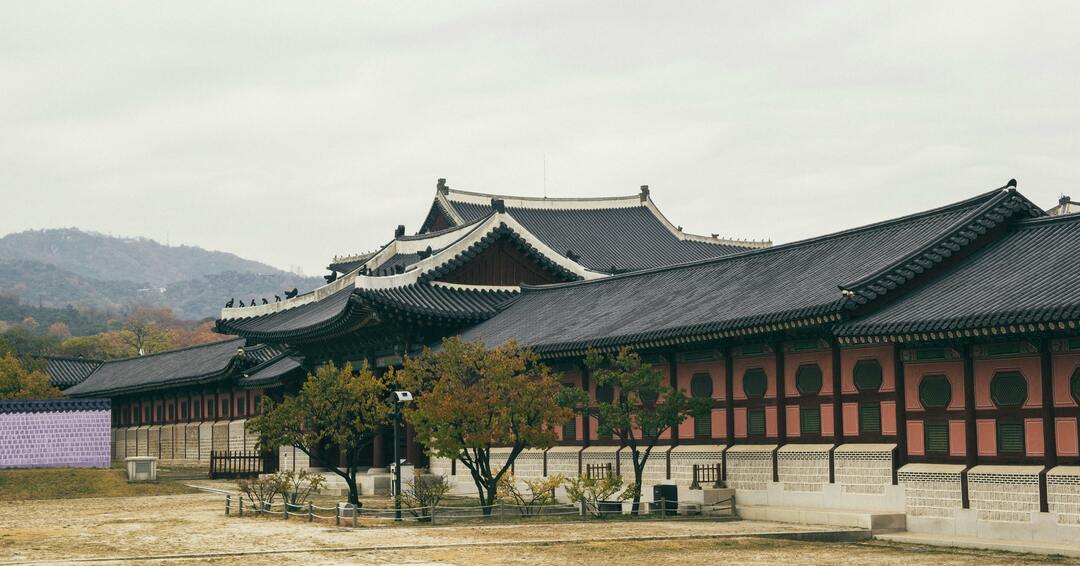Jujubes, also known as "Korean dates," have a storied history in Korea that spans thousands of years. These small, sweet, and chewy fruits are not only cherished for their delightful flavor but also revered for their medicinal properties. The journey of jujubes in Korea is a testament to their enduring significance in Korean culture, cuisine, and traditional medicine.
Ancient Beginnings
The cultivation of jujubes in Korea dates back to ancient times, with records indicating their presence as early as the Three Kingdoms period (57 BC – 668 AD). Initially introduced from China, jujubes quickly adapted to the Korean climate and soil, becoming a staple in Korean agriculture. Early Koreans recognized the nutritional and medicinal benefits of jujubes, incorporating them into various aspects of daily life.
Medicinal Marvels
In traditional Korean medicine, jujubes are esteemed for their health benefits. Known as "daechu" in Korean, these fruits are rich in vitamins, minerals, and antioxidants. They were used to treat a variety of ailments, including digestive issues, insomnia, and respiratory problems. Traditional Korean texts, such as the "Dongui Bogam" (Principles and Practice of Eastern Medicine), detail numerous remedies featuring jujubes, underscoring their importance in maintaining health and wellness.
Cultural Significance
Jujubes hold a special place in Korean cultural practices and rituals. They are often featured in traditional ceremonies, such as weddings and ancestral rites, symbolizing prosperity and good fortune. During the Korean New Year, families prepare "daechu gangjeong," a type of sweet rice cake adorned with jujubes, to celebrate the occasion and bring blessings for the coming year.
Modern-Day Delights
Today, jujubes continue to be a beloved ingredient in Korean cuisine. They are used in a variety of dishes, from soups and stews to teas and desserts. One popular treat is "daechu cha," a soothing tea made from dried jujubes, known for its calming properties and enjoyed throughout Korea, especially during the colder months.
In addition to their culinary uses, jujubes have found their way into modern health and wellness products. From jujube-infused skincare items to health supplements, the versatility and benefits of jujubes are being rediscovered and appreciated by new generations.
Sustainable Cultivation
Korean farmers have embraced sustainable practices to cultivate jujubes, ensuring that this treasured fruit continues to thrive. Small-scale farmers, in particular, play a crucial role in preserving traditional methods of jujube cultivation, often passed down through generations. Platforms like Leprendo have been instrumental in connecting these farmers with consumers worldwide, sharing the unique stories and heritage behind each harvest.
From ancient medicinal uses to modern culinary delights
The history of jujubes in Korea is a rich tapestry woven with cultural, medicinal, and culinary threads. From their ancient origins to their present-day popularity, jujubes have remained an integral part of Korean life. As we continue to explore and appreciate this remarkable fruit, we also honor the traditions and knowledge of the past, ensuring that the legacy of jujubes endures for future generations.
Jujubes are more than just a fruit; they are a symbol of Korea's heritage, resilience, and timeless connection to nature.

